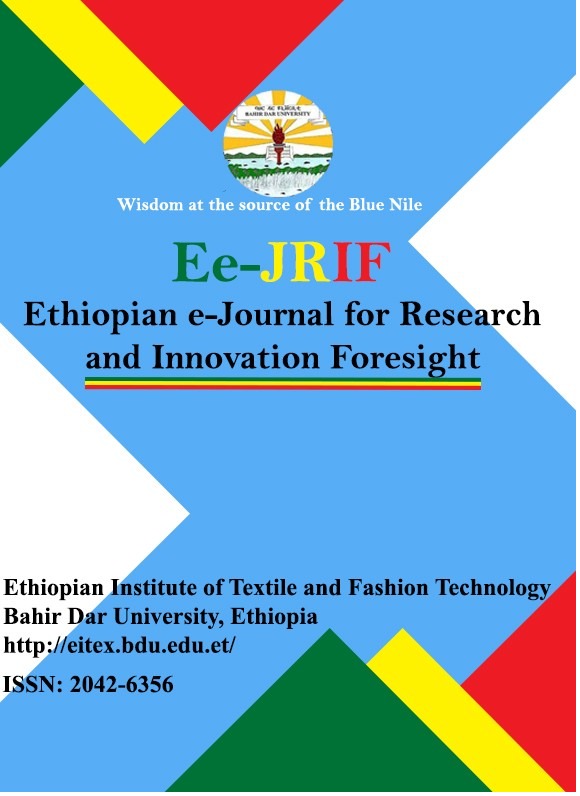Coping with criminal victimization and livelihood sustainability for women in trading in Nigeria
Abstract
The study examined the main influence of the upsurge of criminal activities on highways on the livelihood sustainability of women in trading in Nigeria. Criminality and the upsurge of insecurity have become so enshrined in Nigeria. The level of criminality perpetrated by criminal elements such as armed robbers, bandits, Boko Haram terrorists, Fulani herdsmen and kidnappers has further worsened the problem of insecurity in Nigeria with attendant negative effects ranging from economic crises, fall in livelihood activities, loss of lives and properties, wanton destruction of farmlands leading to high cost of both food crops and cash crops and fear of been molested, killed or manhandled, etc. Nigeria has recently been included among the countries with less peace in the world. It is ranked as the 18th less peaceful country in the world and the 6th country most affected by terrorism by Global Terrorism Index coupled with serious threats of mass killings/genocide, ranking 2nd in Africa with highest rate of genocide, 6th in the world with battle –related deaths and ethnic killings as much as 34,663 in 2017 from every 100,000 deaths. Just within the first five Months of 2022, there were over 35 thousand deaths in Borno State, North/East, Nigeria alone (Sasu, 2022). A rating of Level of worry about being attacked on a scale of 0-100 stood at 66.4points, being mugged or robed mostly on the highway stood at 67.04points, home broken and things stolen stood at 61.39points etc. Unfortunately, a large number of women remain major victims of these hideous crimes. Specifically, the study discovered the types of criminal activities that women in long-distance experience, determined how the upsurge in criminal activities influence the total business livelihood of women in long-distance trading, find out the strategies that women in long-distance trading have adopted to sustain their businesses and finally, the relationship between the frequency of attack and the level of loss to the business activities of women in long-distance trading was discovered. Qualitative and quantitative research designs were both utilized for the study. The qualitative component of the data was solicited via in-depth Interview IDI, Focus Group Discussion FGD while data for the quantitative component was generated via a structured questionnaire. Simple Random Sampling, multistage and Purposive Sampling techniques were utilized to select samples for the study. Results from the study showed how women in long-distance trading have formulated strategies to cope in order to maintain their livelihood in spite of increasing criminal activities on the highways, the challenges encountered and casualties recorded as a result of attacks. Recommendations are proffered to all stakeholders particularly government on how to intensify efforts at reducing criminal activities and insecurity that has become a bane to economic development in Nigeria.
Keywords Criminality: Victimization, Upsurge, Women, Traders
Copyright (c) 2024 Ethiopian e-Journal for Research and Innovation Foresight (Ee-JRIF)

This work is licensed under a Creative Commons Attribution-NonCommercial 4.0 International License.

